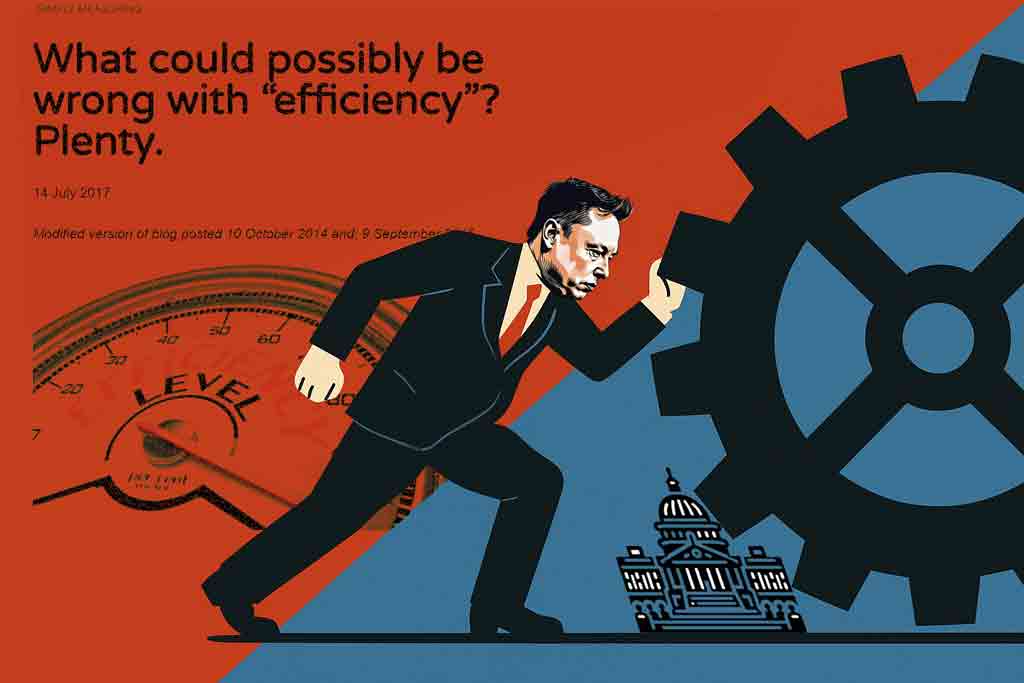
By Sanskriti Global Exports by Himanshu Gupta
Trump Tariffs and Their Implications for Indian Trade: A Deep Dive
The specter of protectionist trade policies, particularly those enacted during the Trump administration, continues to ripple through the global economic landscape. While the current administration has adopted a slightly different approach, the underlying tensions and potential for renewed trade conflicts remain a significant concern, especially for countries like India with significant trade ties to the United States. Recent reports suggest a renewed push by the US to pressure its allies, including within the G7, to adopt punitive tariffs against China and India, raising serious questions about the future of bilateral trade relations.
A recent Yahoo Finance article highlighted Commerce Secretary Lutnick's assurances regarding resolving trade issues with India, alongside President Trump's past calls for 100% tariffs on Indian goods. These seemingly contradictory statements underscore the inherent volatility and uncertainty surrounding US trade policy. While Lutnick's statement offers a degree of reassurance, the history of fluctuating US policy necessitates a cautious approach from Indian businesses.
Factual Summary: The Shifting Sands of US-India Trade
The Trump administration's trade policies were characterized by a significant departure from traditional multilateral trade agreements, often resorting to unilateral tariffs and trade restrictions. The rationale frequently cited was the need to protect domestic industries from unfair competition and address trade imbalances. India, a major trading partner of the US, wasn't immune to these measures. While specific tariffs varied across different product categories, the overall effect was a dampening of bilateral trade flows and increased uncertainty for businesses on both sides.
The current administration, while less explicitly protectionist, has inherited the complexities of the existing trade relationship. While it may not pursue 100% tariffs as suggested by Trump, the underlying pressure to address trade deficits and protect domestic industries remains. The renewed push within the G7 to impose duties on China and India indicates a potential for further escalation, even if indirect.
Implications for Indian Import-Export
The potential for renewed or intensified US trade restrictions against India presents several critical challenges for Indian import-export professionals:
- Increased Uncertainty and Volatility: The unpredictability of US trade policy creates a challenging environment for businesses engaging in long-term planning and investment. Fluctuating tariffs and the threat of future restrictions make it difficult to forecast profitability and manage risk.
- Disruption of Supply Chains: Increased tariffs or trade restrictions can significantly disrupt established supply chains. Indian exporters may face reduced demand from the US market, forcing them to explore alternative markets, which can be costly and time-consuming.
- Price Increases and Reduced Competitiveness: Tariffs imposed on Indian goods in the US will directly lead to higher prices for consumers and reduce the competitiveness of Indian products in the American market. This could impact export volumes significantly.
- Retaliatory Measures: If the US intensifies protectionist measures against India, there's a potential for India to retaliate with its own trade restrictions, leading to a further escalation of the trade conflict and damaging both economies.
- Shifting Market Dynamics: Businesses will need to adapt quickly to changing market conditions. This might involve diversifying export markets, identifying alternative suppliers, and exploring new product lines less susceptible to trade disputes.
- Increased Compliance Costs: Navigating complex trade regulations and tariffs requires specialized expertise and incurs additional compliance costs for businesses.
- Investment Uncertainty: Foreign direct investment (FDI) into India could be negatively affected by uncertainty surrounding US-India trade relations.
Conclusion: Navigating the Uncertain Terrain
The potential for renewed trade tensions between the US and India remains a serious concern for Indian import-export professionals. While statements from current US administration officials offer a degree of optimism, history demonstrates the volatile nature of trade policy. Businesses need to proactively manage risk, engage in careful market analysis, and diversify their operations to mitigate the impact of potential trade disruptions. This includes diversifying export markets, optimizing supply chains, investing in technology to increase efficiency and competitiveness, and actively engaging with policymakers to advocate for a stable and predictable trade environment.
Ultimately, a proactive and adaptable approach, coupled with a thorough understanding of the evolving trade landscape, is crucial for Indian businesses to navigate the uncertainties and thrive in the face of shifting geopolitical dynamics.
Source: Original